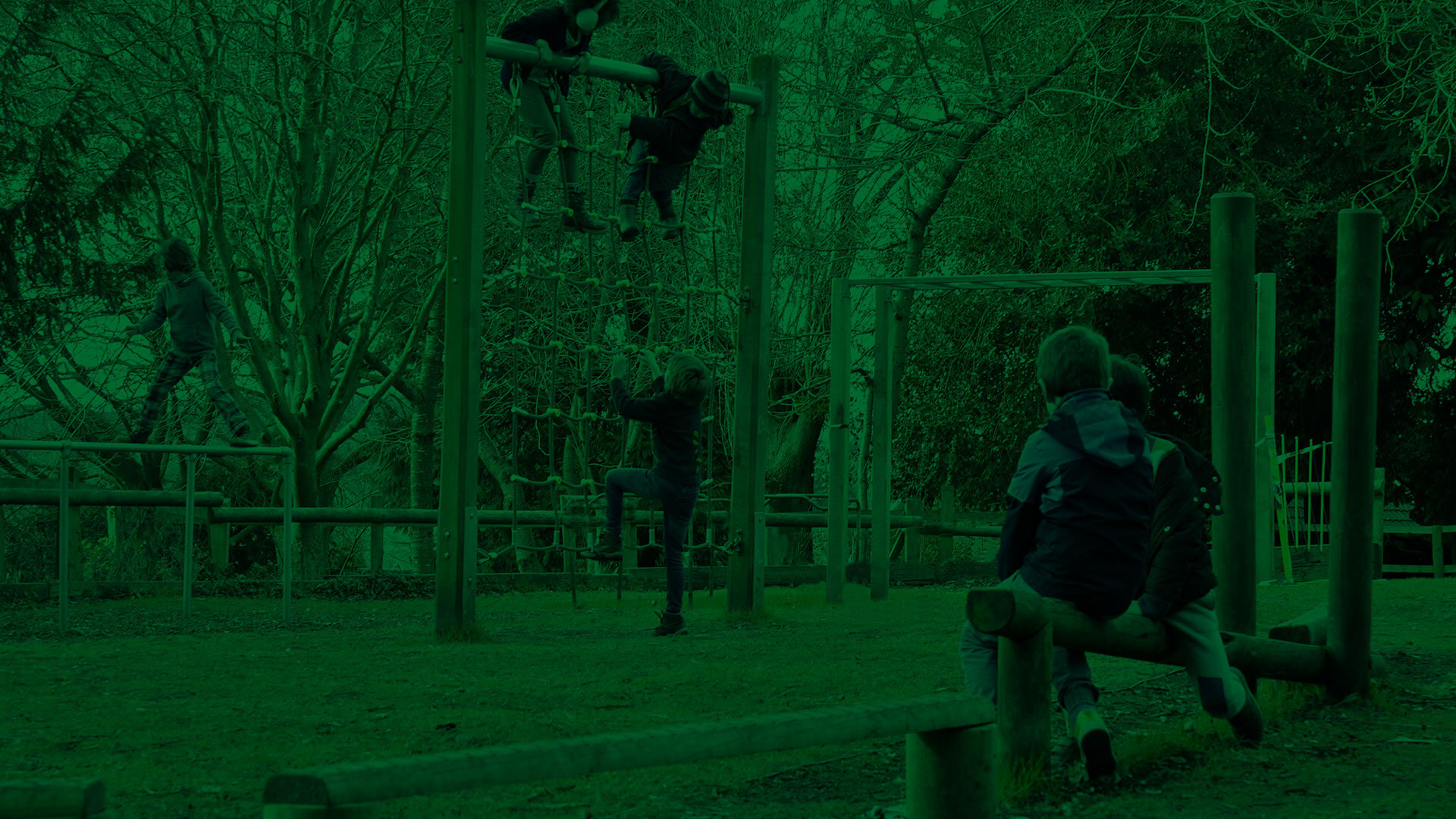The best age to begin formal education
Did you know that Malta and Cyprus are the only European countries with the same statutory age for starting school as the UK? The most intellectually, socially and educationally advanced countries in the world all begin formal education at 6 or 7 years. So, why on earth do English schools begin formal education so early when 90% of countries in the world prioritise social and emotional learning and start formal schooling at six or seven?
In September 2013, 127 education experts signed a letter arguing that the government’s early years education policies are damaging children’s education, health and wellbeing. The letter appeared in the Guardian and Telegraph and prompted debate on BBC News and Newsnight. Experts demanded that children be allowed to learn through play instead of being prepared for formal lessons at such an early age. The 127 signatories included 11 Professors of Education across the UK.
Click this link to read research from University of Cambridge researcher, David Whitebread, one of the letter’s signatories.
Current research does not support an early start to testing and teaching. In fact, it provides considerable evidence to challenge it. If some children learn to read aged three or four, that’s great. But it is high quality nursery education which consistently achieves better educational results, as well as higher levels of wellbeing. Research indicates that pupils at UK Waldorf schools (e.g. Elmfield School in the West Midlands) catch up their mainstream peers in literacy and numeracy by age 9 or 10 and overtake them around a year later.
So, if kids who begin formal education later get better results, why grind away with endless phonics worksheets when you could be playing outside, learning precious social skills like taking turns, sharing and respect for adults?
Elmfield School in Stourbridge is the only school in the West Midlands following this model of age-appropriate learning. Our GCSE results are regularly above the national average. The school’s main focus though, is to develop citizens of the future who are confident, creative, free thinking and socially responsible.
Choosing the right education for your child can be a hard decision. Join the debate and let us know what you think.
“If I was to sum up in brief what Steiner gave me: it was attitude. I believe this to be the MOST important thing as you take it everywhere with you and it underpins everything you do. The courage to dream big and to follow those dreams with courage passion and integrity.”


